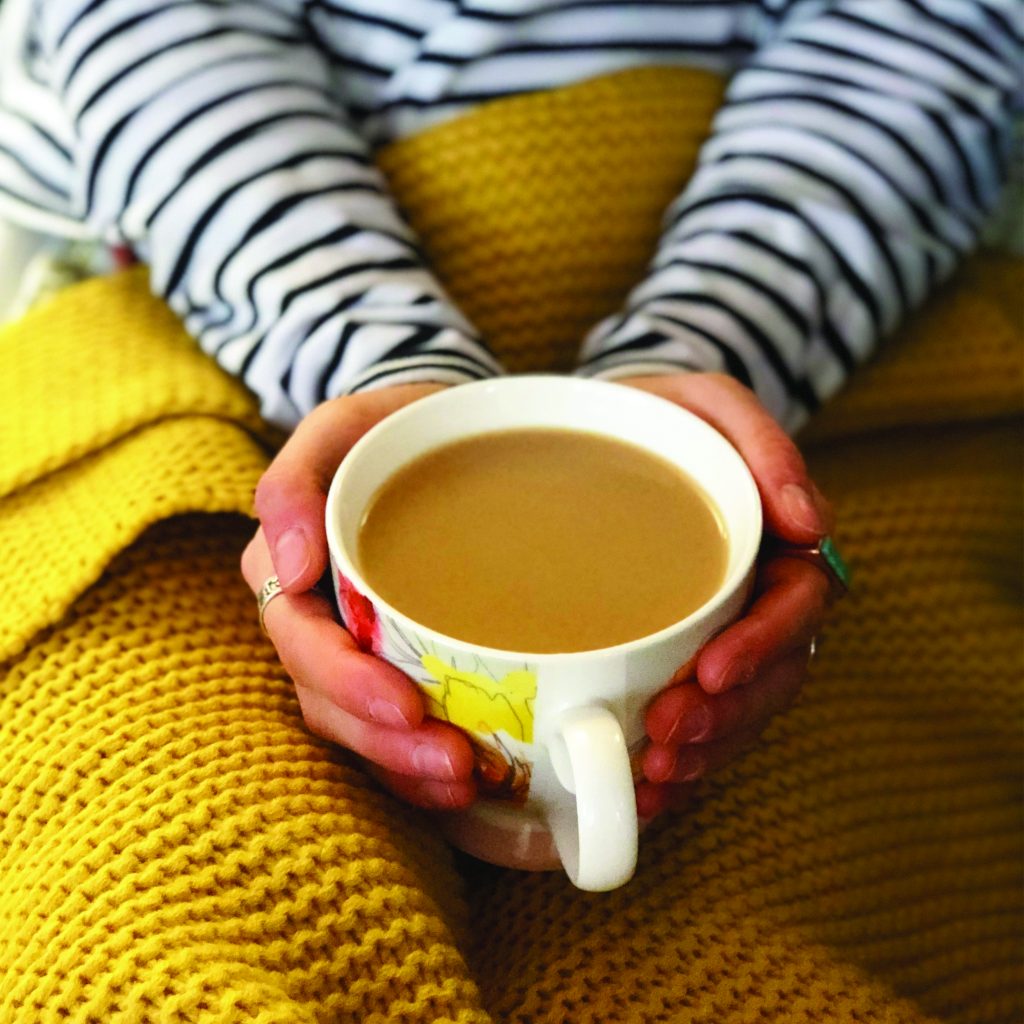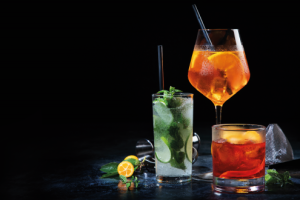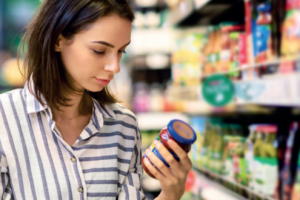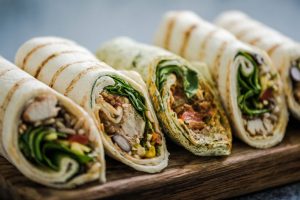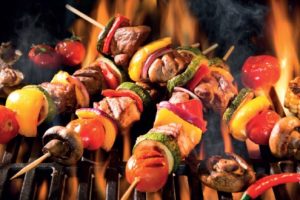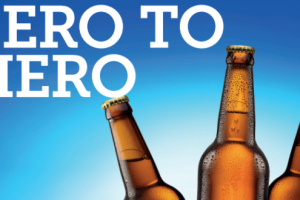At the start of the pandemic in the UK, many shoppers bought their favourite hot beverages in bulk, as part of the panic-buying phenomenon and in response to the closure of cafés and coffee shops. This behaviour led to almost 10% growth in the category, according to data from market analyst Kantar.
Top sellers
Despite this surge, Parminder Walia, category development manager at Tata Consumer Products, owner of the Tetley brand, says tea sales have returned to more normal patterns. She says the volume and frequency of tea purchases have risen by 2.4% and 3.8% respectively.
When it comes to which blends retailers should stock, Walia says: “The optimum selection of teas will depend on the type and size of store and customer demographic, but across all channels everyday black teas top the list of tea buys, accounting for 76% of all teas sold in retail.”
However, retailers should not ignore trending blends such as decaf and green teas.
Bryan Martins, marketing and category director at Ecotone, owner of Clipper Tea, says trends within tea are being formed by a shift in consumer mindset rather than flavours. Tea-drinkers have become more mindful about what they put in their body, he claims.
Popular blends
Decaf teas are a “companion to everyday black teas” and should feature as part of a core tea offering, especially as their popularity has increased during lockdown. Walia says decaf black tea volume sales increased by 0.5% in the impulse sector.
“Decaf drinkers are an important group, as they will not choose an alternative tea if decaf is not available. Decaf is also a good trade-up option, with a higher pence per kilo than everyday black. It’s worth noting that decaf can be a tricky area; many options disappoint in taste.
“To help reassure customers, Tetley decaf boasts a Great Taste award and is the best-selling decaf on the market, accounting for around 30% of all decaf sales in total market. Volume sales of Tetley decaf in core grocery are up 8.9% year on year, up 5.6% in convenience and 7.4% in impulse.”
Martins says green tea has seen a resurgence of popularity that correlates with the trend for shoppers to seek out healthier alternatives. “Green tea can aid digestion and speed up your metabolism, setting you up for the day. Clipper has the best-selling green tea variant in the market, which is experiencing value sales growth of 11%.”
Data from Nielsen has found that many shoppers, particularly those aged 18 to 24, are choosing herbal teas (39%) and fruit teas (26%). Volume sales for these products are up by 3.5% in impulse.
To tap into this trend, Clipper has launched two Hemp Infusions – Organic Karma Mama Hemp and Organic Groovy Ginger Hemp – both claimed to “deliver a relaxing hug in a mug”.
Café style
Lesley Parker, brand controller for Cafédirect, says total coffee sales are “soaring”, up by 8% year on year, so it is “clear that stay-at-home Brits were keen to replicate their usual coffee shop experience at home during the challenges of the last year, with this trend looking set to continue”.
More than 61% of coffee shop customers look for their favourite café blends to drink at home, says Hannah Morris, category team leader at Jacobs Douwe Egberts. “Many of the coffee trends in retail have been driven by demand in out-of-home coffee consumption, as consumers look to recreate their favourite coffee-shop style beverages from the comfort of their own homes.
“The flavours category has become an increasingly popular in the coffee market in recent years, with many consumers looking for unique flavours to suit their tastes.
Flavours such as salted caramel make up a hugely important segment within the specialties category – growing ahead of the market – and make up 31% of the specialities category.
“Tapping into trends and allowing consumers to add theatre to their coffee at home, as they would see in a coffee shop, helps retailers make sure they continue to meet and exceed the demands of their shoppers.”
Traditional formats
However, retailers should not overlook everyday coffee formats. Helen Boulter, multi-sector sales controller at Taylors of Harrogate, says roast and ground coffee is growing faster than any other sector in hot beverages. Ground coffee makes up 64% of these sales, so retailers should “consider increasing their range and ensuring the best-sellers are available”.
Decaf coffee has grown by 17% year on year and makes up 10% of the tcategory by value. Morris says: “We know it attracts a more-affluent shopper, so make sure you stock a good decaf.”
By Éilis Cronin, Content Editor
 Talking Retail Grocery and product news for independent retailers
Talking Retail Grocery and product news for independent retailers
